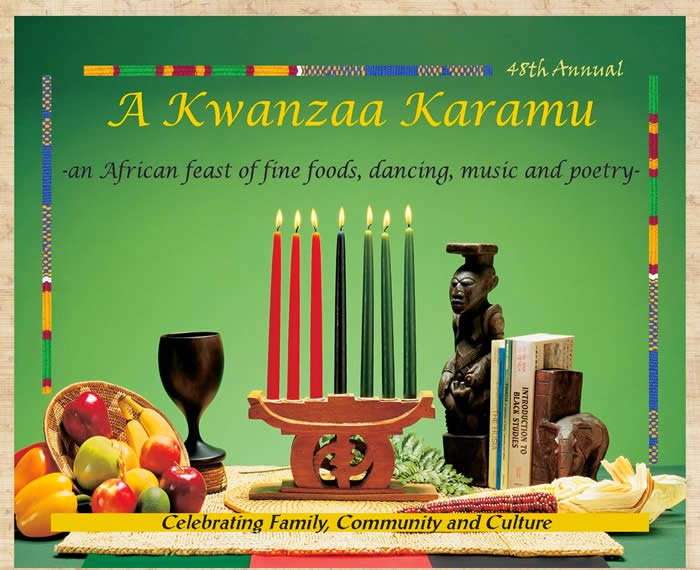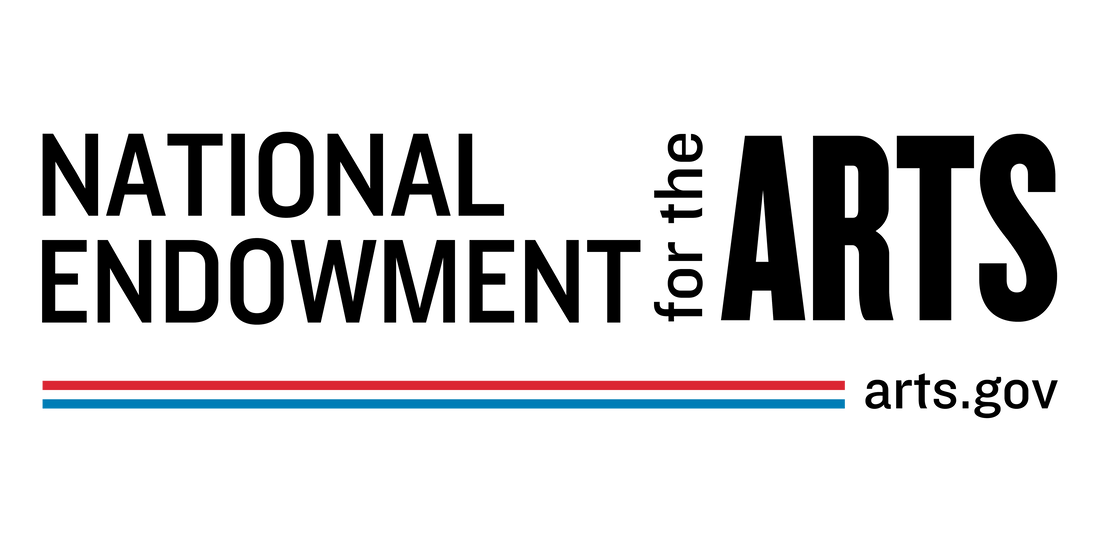|
Habari gani? UJAMAA!! In 1966, when Dr. Maulana Karenga and his "The Organization US" set out to create a purely Black tradition, it is no wonder they turned to the successes of East Africa as a foundation. For example, in Kenya, successful Harambee thought lead to that country adopting this word as its motto. In Tanzania, President Julius Nyerere employedUjamaa principles from the 1960s, and published these principles officially in 1967. The results of Ujamaa in Tanzania included an increase of literacy, enrollment in schools, declines in infant deaths, and more. It is important to note also that in East Africa Swahili is widely used, and Swahili has become one of the most spoken languages in the continent. In an effort to create a more universal ethos to this Black/Pan-African holiday, Dr. Karenga used terms in Swahili for creating Kwanzaa, which comes from the Swahili matunda ya kwanza or "first fruits of the harvest". As written on the officialKwanzaa website, maintained by "The Organization US": "First, Kwanzaa was created to reaffirm and restore our rootedness in African culture. It is, therefore, an expression of recovery and reconstruction of African culture. Secondly, Kwanzaa was created to serve as a regular communal celebration to reaffirm and reinforce the bonds between us as a people. Thirdly, Kwanzaa was created to introduce and reinforce the Nguzo Saba (Seven Principles): Umoja (unity),Kujichagulia (self-determination), Ujima (collective work and responsibility), Ujamaa (cooperative economics), Nia (purpose), Kuumba(creativity), and Imani (faith). Kwanzaa was conceived as a fundamental and important way to introduce and reinforce these values and cultivate appreciation for them." On this fourth day of Kwanzaa - one of the "struggle" days**, we must intimate how our efforts in cooperative economics shall bring to life our purpose (Nia) as a community. Do you celebrate Kwanzaa? If so, what did you do today for Ujamaa?Today, I donated to Castle of our Skins, an organization dedicated to celebrating Black artistry through music. Heri za Kwanzaa!! ** Celebrating Kwanzaa involves lighting candles of various colors that sit on a kinara or candle holder. Since Kwanzaa is a week-long celebration, there are seven candles that are to be lit each day of the week. The first candle is black. It is in the center, and represents the (Black) people. It is lit to symbolize unity (Umoja). Then a series of red and green candles are lit in an alternating pattern. The red candles symbolize "struggle", while the green candles symbolize "the future and hope that comes from the struggle". Lighting a red candle and then a green candle symbolizes that through struggle comes positivity. In this way, Kujichagulia (self-determination) begets Ujima (collective work and responsibility); Ujamaa (cooperative economics) begets Nia (purpose); and Kuumba (creativity) begets Imani (faith).
0 Comments
The incredible Festus Claudius "Claude" McKay (1889 - 1948) was a Jamaican-American writer and poet. He was active during the Harlem Renaissance, writing books and poetry, non-fiction and fiction. He was also a communist sympathizer, who later retracted his support, despite a favorable months-long stay in the communist Soviet Union. One of his favorite genres to employ was the Sonnet, and arguably his most famous Sonnet is the magnificent "If We Must Die": If we must die, let it not be like hogs Hunted and penned in an inglorious spot, While round us bark the mad and hungry dogs, Making their mock at our accursed lot. If we must die, O let us nobly die, So that our precious blood may not be shed In vain; then even the monsters we defy Shall be constrained to honor us though dead! O kinsmen! we must meet the common foe! Though far outnumbered let us show us brave, And for their thousand blows deal one death-blow! What though before us lies the open grave? Like men we'll face the murderous, cowardly pack, Pressed to the wall, dying, but fighting back! This poem was published during the "Red Summer" of 1919, a time of intense, racially-motivated violence, mostly against Black Americans. Fast-forward to 1991: the equally breath-taking, jaw-dropping Olly Wilson composes a large-scale work for choir, vocal soloists, and orchestra called "Of Visions and Truth". The last movement of this work incorporates the McKay Sonnet exquisitely. Olly Wilson himself was born in 1937, and has lived through the intense racial struggle of the 60s, and is now currently witnessing the delicate and explosive situation that is occurring at this very moment in the United States. You can listen to his powerful work here: 23 years later, and the situation is bubbling again. Sentiments held by those who are racist towards Black Americans that should have been corrected before the turn of the 1900s are arising yet again, just as powerful and just as nonsensical as ever. The innocent victims - Trayvon Martin, Michael Brown, John Crawford III, Darrien Hunt, Eric Garner, Tamir Rice, and others - have been used to be "killed like hogs". Yet, those who know and have intimated the struggle also know that these beautiful, innocent Black Americans are human, and their deaths are NOT in vain. Once again, McKay - in 1919 - ended his Sonnet with this powerful couplet: Like men we'll face the murderous, cowardly pack,
Pressed to the wall, dying, but fighting back! There are different ways to fight. McKay fought with his pen. Olly Wilson fights with his compositions. Castle of our Skins is also fighting, by celebrating Black artistry through music. Our voice, our work to celebrate the voice of beautiful Black artists, our concerts, our education work, our attempt to plant the seeds of social change and cultural curiosity and awareness - this is our fight. |
Details
Writings, musings, photos, links, and videos about Black Artistry of ALL varieties!
Feel free to drop a comment or suggestion for posts! Archives
May 2024
|
Member Login
Black concert series and educational programs in Boston and beyond


 RSS Feed
RSS Feed










